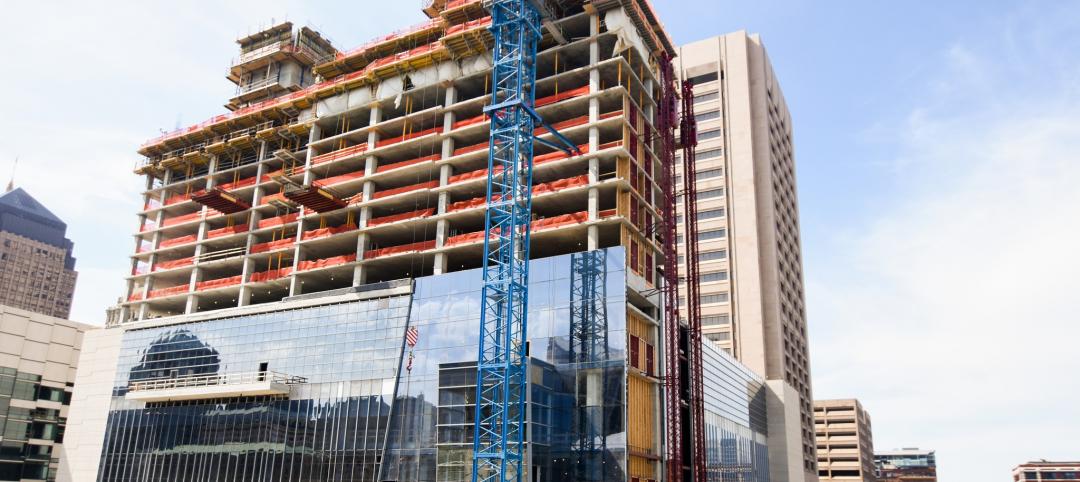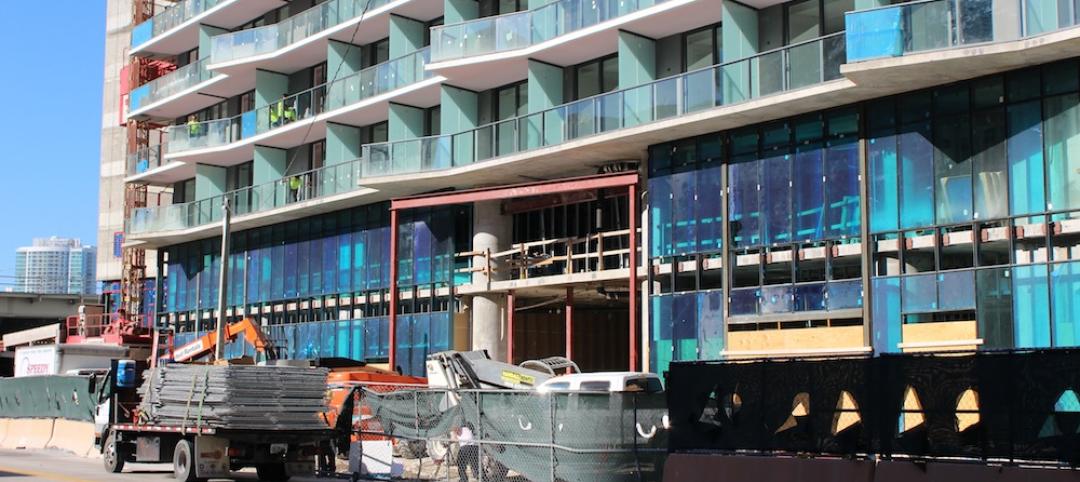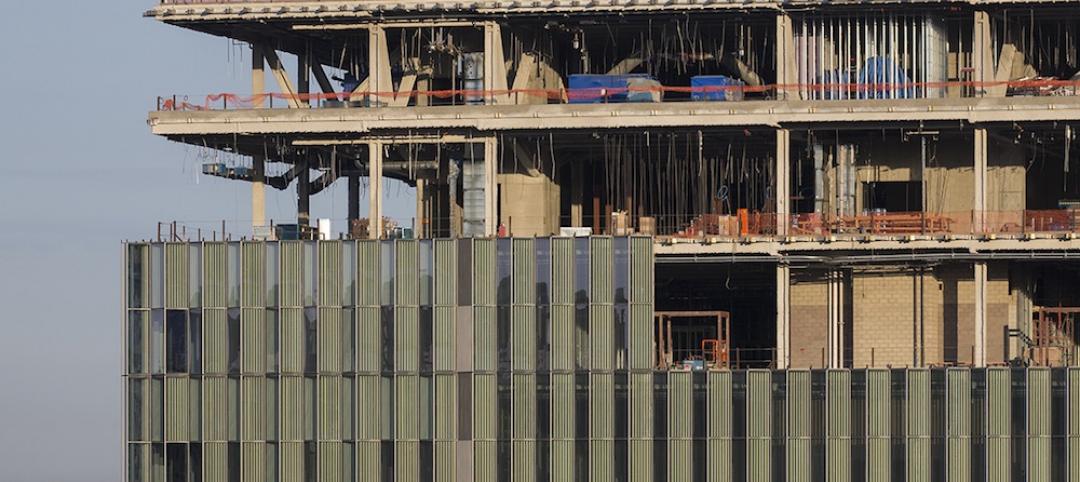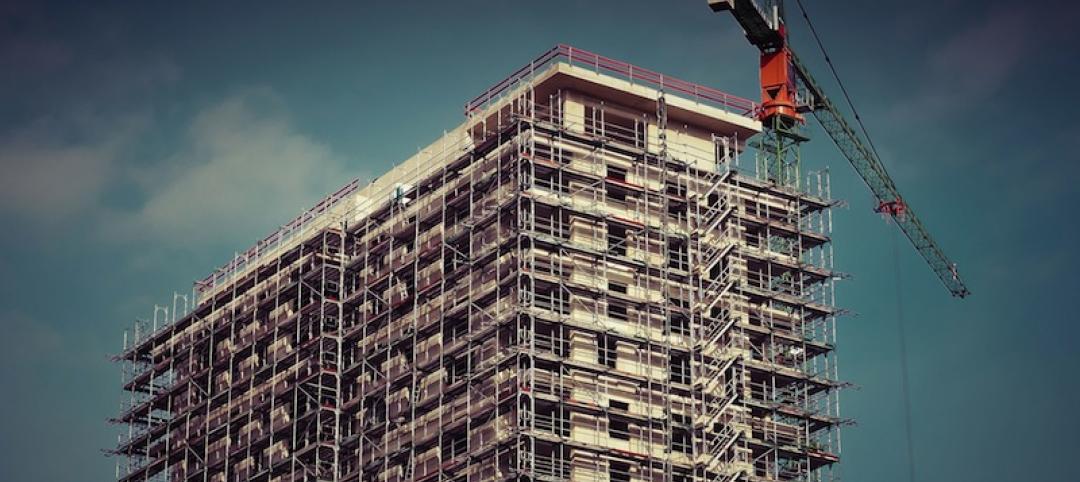Surveying members of the Construction Personnel Executives Group, FMI, reports that 24% of respondents will be unable to bid more work and 32% will experience slow growth if their companies cannot reasonably meet the need for skilled labor and tradespeople. Top executives at the largest contract firms in the U.S. took part in the survey.
“Overall, there’s an increase needed in skilled trade workers of more than 10% throughout the next three to 10 years,” says Ken Wilson, director for FMI, citing highlights from survey partipants. One large construction company says, "Our current hiring forecast shows a need for 8,500 additional craft workers by 2017.”
The top five positions that are expected to be the most difficult to fill are:
- Operator (heavy equipment)
- Welder (boilermaker)
- Carpenter
- Pipefitter
- Ironworker (reinforcing)
There are two significant contributing factors to the high demand for craft labor:
- The shift of the construction workforce to oil and gas related construction. FMI estimates that by 2017 nearly 10% of the total U.S. construction workforce will be part of this burgeoning segment of the industry.
- The number of survey respondents that plan to increase the amount of work the company self-performs. Currently, surveyed firms self-perform less than 40 percent of construction projects. However, 65 percent either have plans to or are considering plans to increase self-performed projects.
- This in-depth look into recruiting and retention of craft labor includes an analysis of the driving factors behind the skilled labor shortage, the most effective recruitment tactics and how companies are filling the demand for field management of the craft labor force. The report also provides practical counsel on how to develop human resource strategies to improve recruiting and retention rates.
To download a copy of the 2015 survey report, “Craft Labor Recruiting and Retention,” click here.
Related Stories
Contractors | Mar 24, 2016
ABC: Construction Backlog expands at the close of 2015
Uptick suggests high demand for construction workers will continue.
Market Data | Mar 1, 2016
ABC: Nonresidential spending regains momentum in January
Nonresidential construction spending expanded 2.5% on a monthly basis and 12.3% on a yearly basis, totaling $701.9 billion. Spending increased in January in 10 of 16 nonresidential construction sectors.
Market Data | Mar 1, 2016
Leopardo releases 2016 Construction Economics Report
This year’s report shows that spending in 2015 reached the highest level since the Great Recession. Total spending on U.S. construction grew 10.5% to $1.1 trillion, the largest year-over-year gain since 2007.
Market Data | Feb 26, 2016
JLL upbeat about construction through 2016
Its latest report cautions about ongoing cost increases related to finding skilled laborers.
Contractors | Feb 25, 2016
Huntsville’s Botanical Garden starts work on new Guest Welcome Center
The 30,000-sf facility will feature three rental spaces of varying sizes.
Architects | Feb 24, 2016
Is the booming freelance economy a threat to AEC firms?
By shifting the work (and revenue) to freelancers, “platform capitalism” startups have taken considerable market share from traditional businesses.
Religious Facilities | Feb 22, 2016
For the first time in Bulgaria, a temple’s construction raises a metal dome
The church is 2½ times larger than the basilica in Ukraine it references.
Market Data | Feb 10, 2016
Nonresidential building starts and spending should see solid gains in 2016: Gilbane report
But finding skilled workers continues to be a problem and could inflate a project's costs.
Contractors | Feb 2, 2016
ABC: Nonresidential spending falls again in December
For a second consecutive month, 12 of 16 nonresidential subsectors experienced spending decreases on a monthly basis.
Contractors | Feb 1, 2016
ABC: Tepid GDP growth a sign construction spending may sputter
Though the economy did not have a strong ending to 2015, the data does not suggest that nonresidential construction spending is set to decline.

















